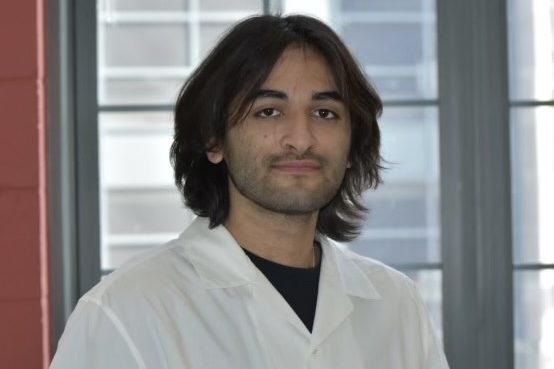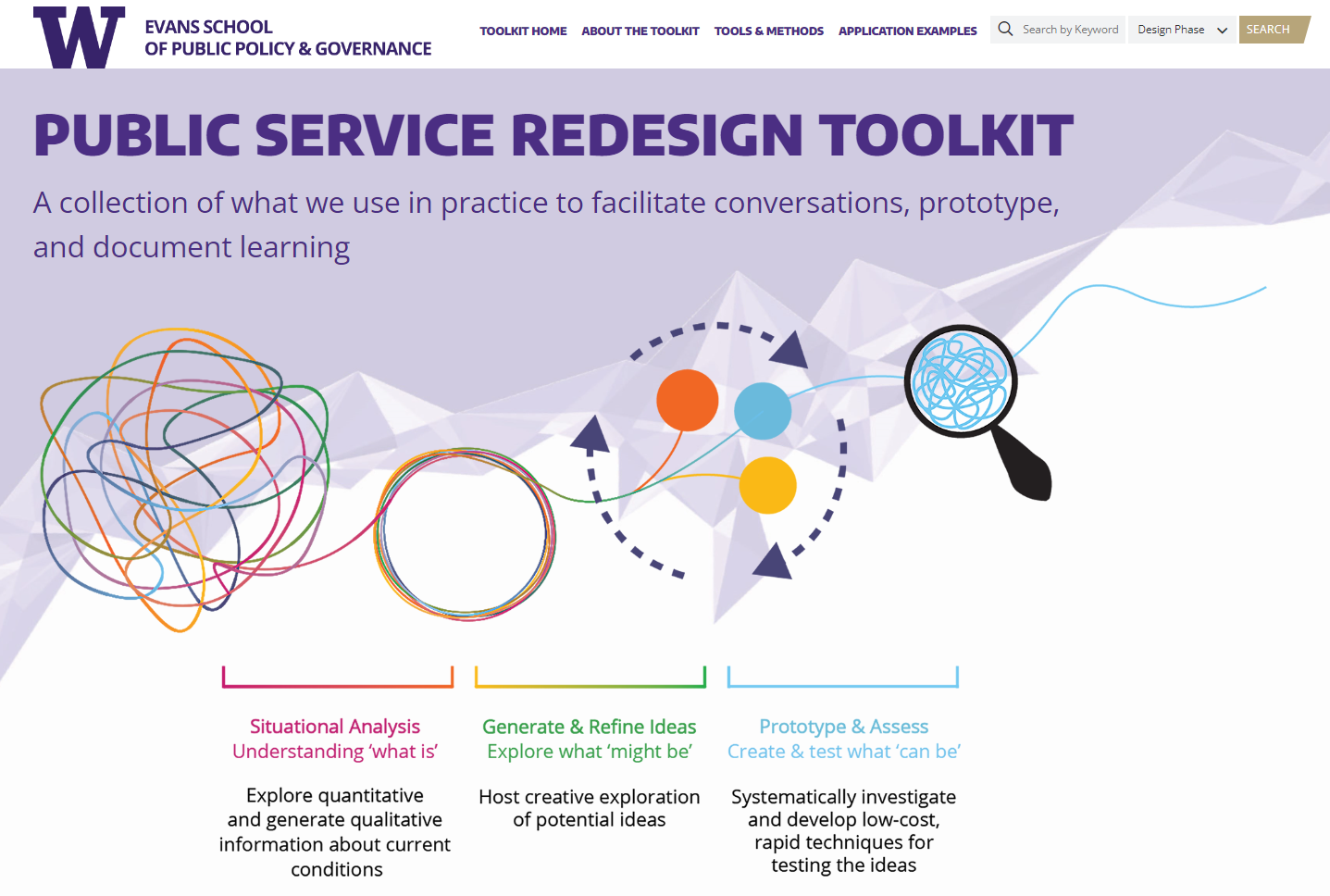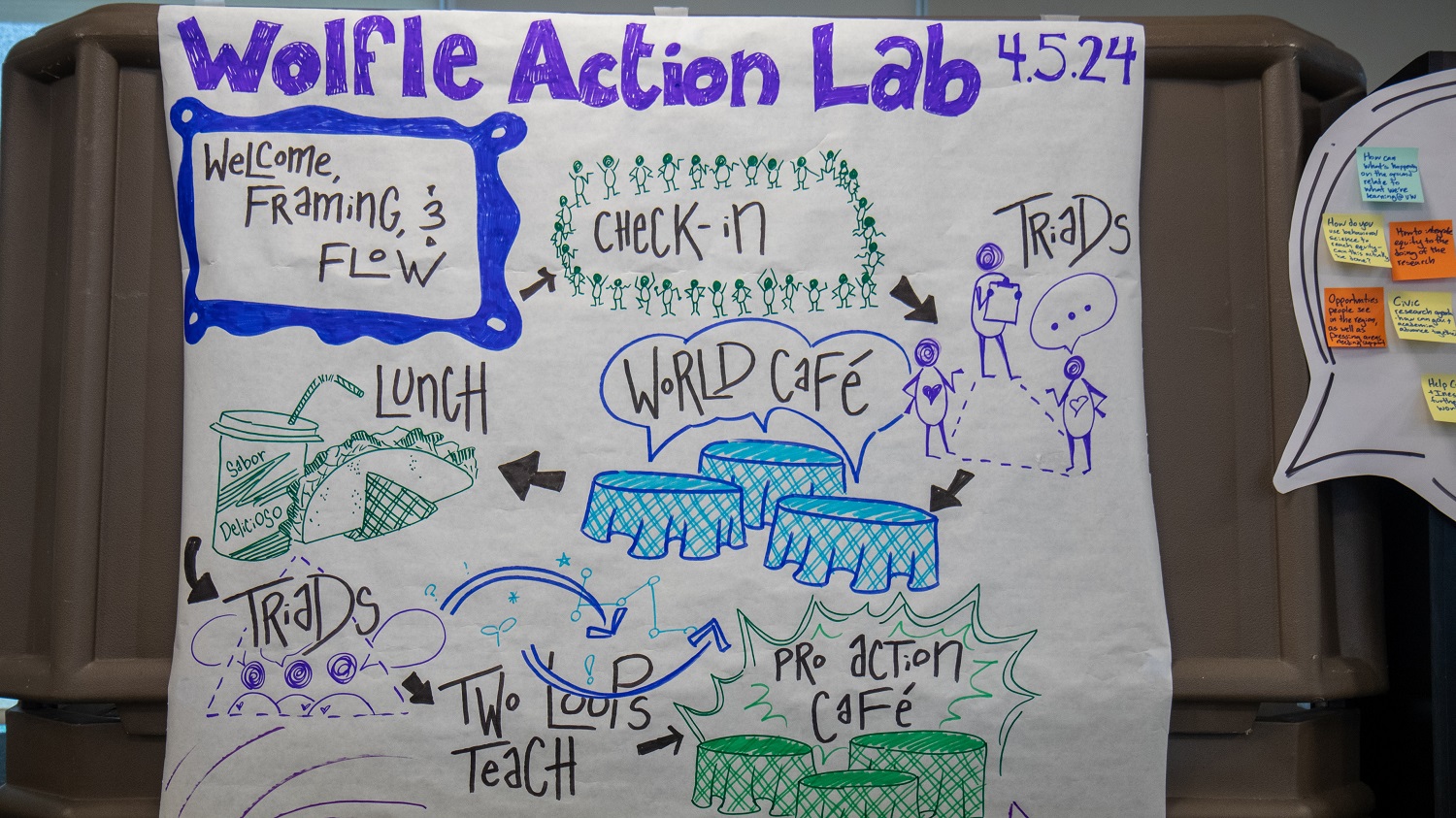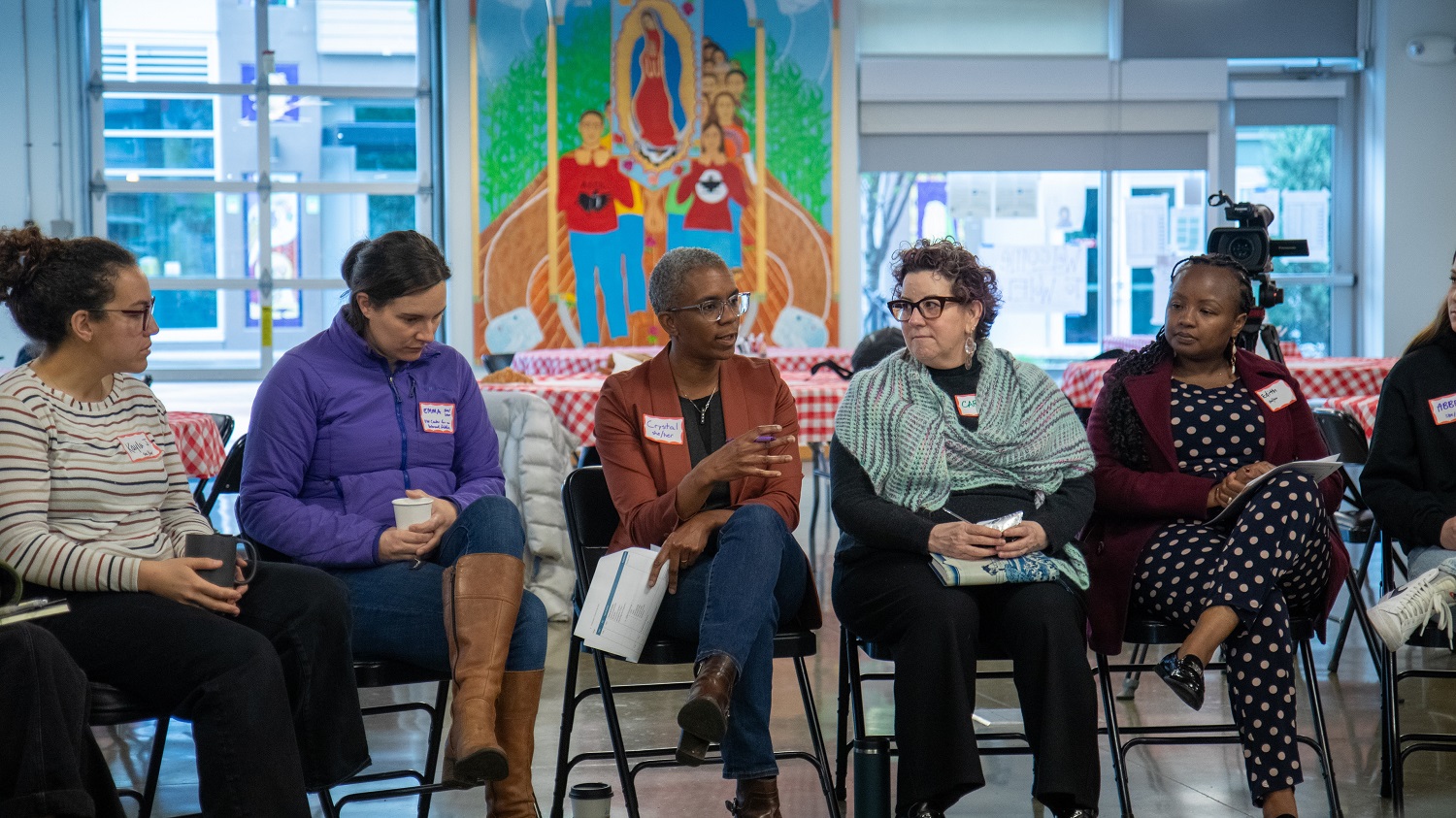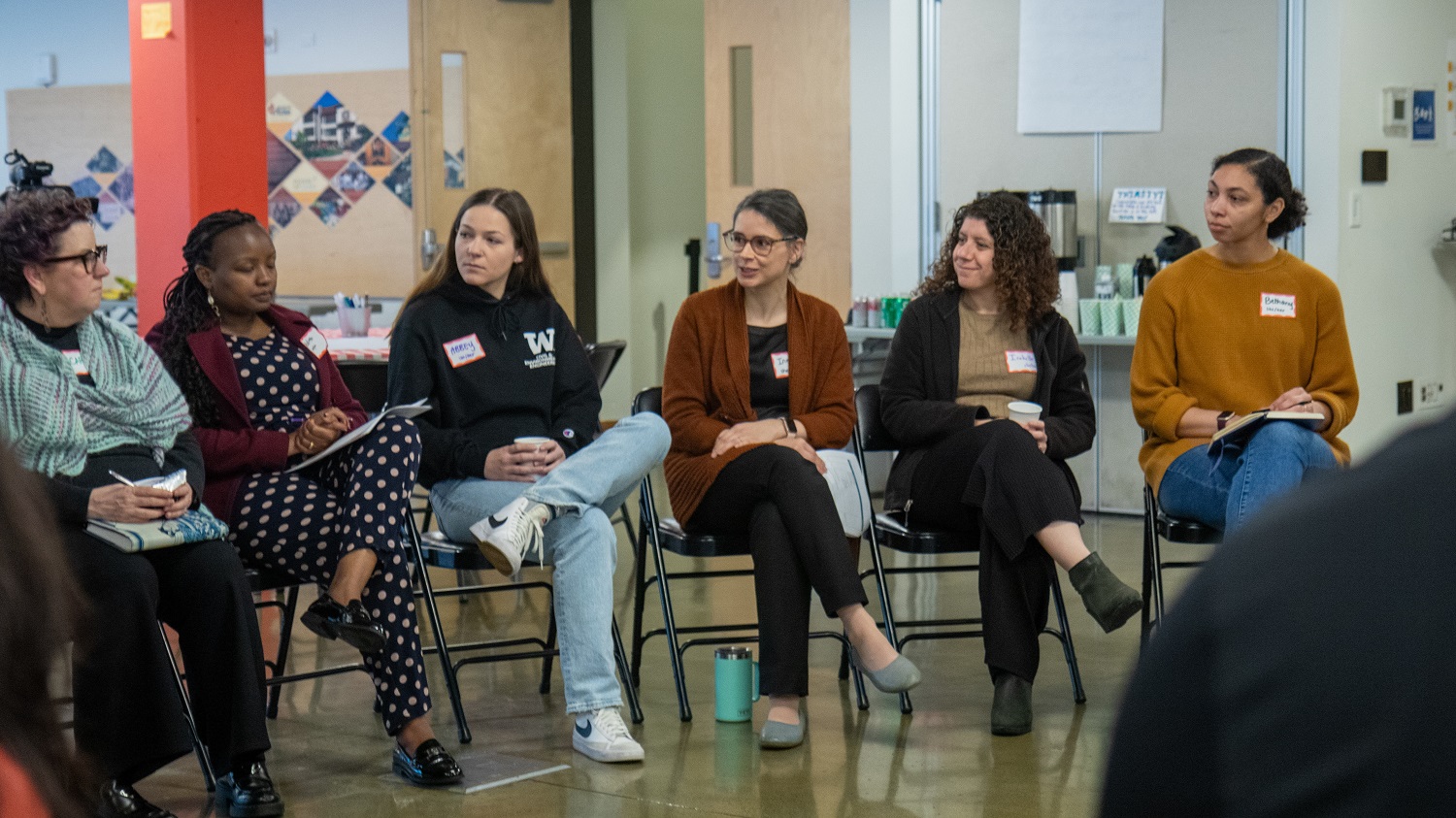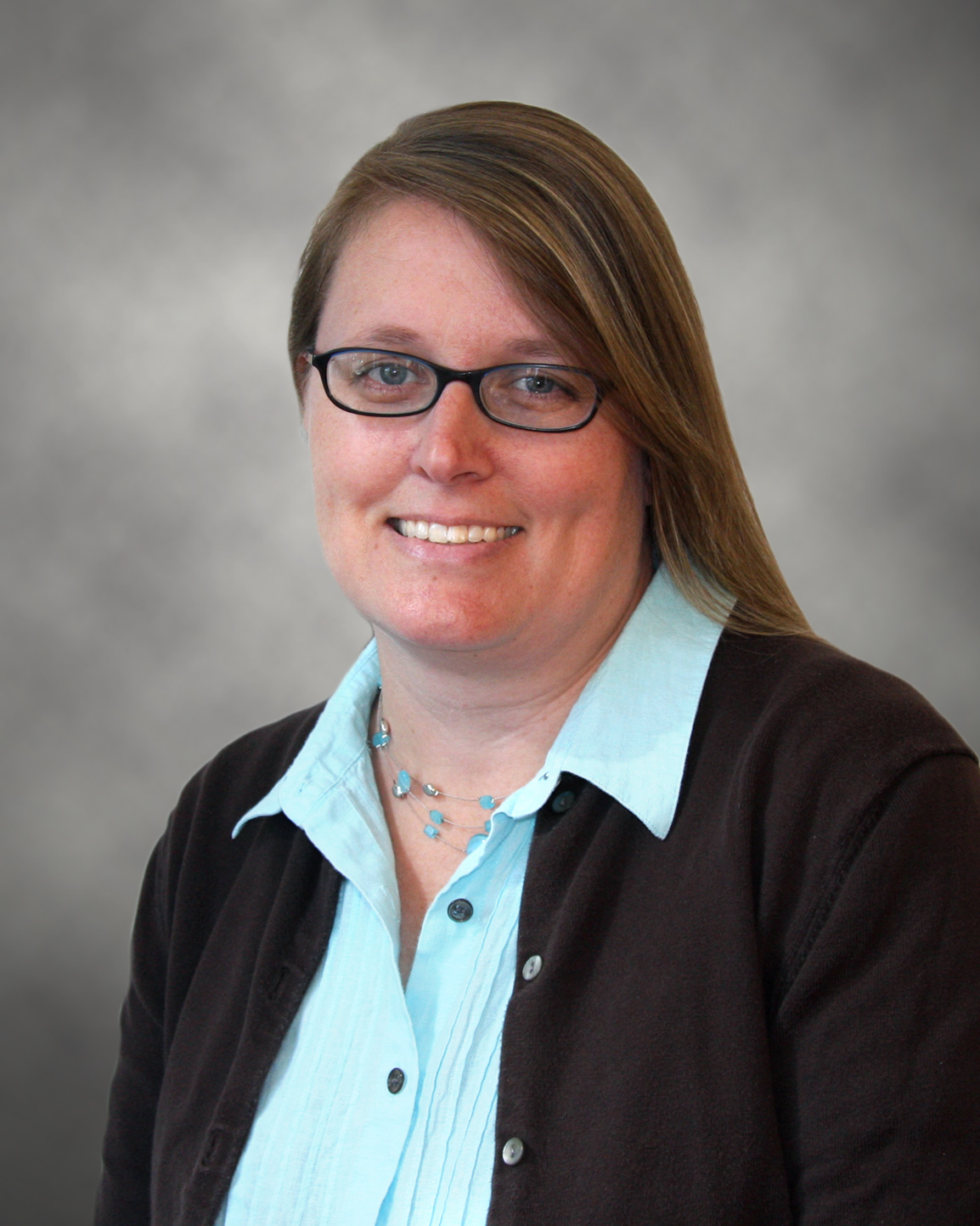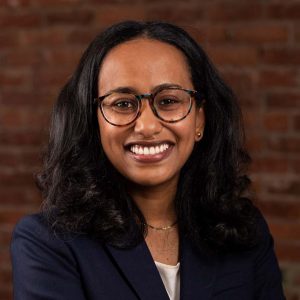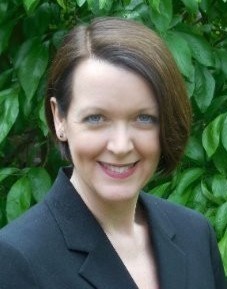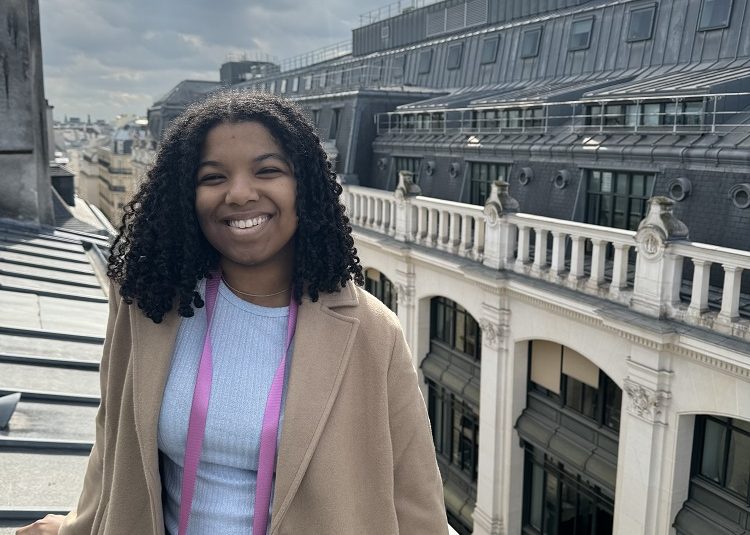
- Pronouns: She/Her
- Hometown: Chicago, Illinois
- College/University: Pomona College
- Major: Public Policy Analysis; Sociology
- Track: Residential
Tell us about your story
When I was a little kid I never knew how to answer when I was constantly asked what I wanted to be when I grew up. I just knew that whatever career I ended up in, I wanted to be able to make an impact on the world and help others. As I got older I knew I never wanted to be a politician but wanted to find a way to help solve societal problems. When I learned more about public policy as a field, I knew this was how I could accomplish everything I wanted.
What path did you take when you first started college?
I went into my first year of college knowing I wanted to major in public policy analysis with a concentration in sociology. At my college you declare a major at the end of sophomore year and I was ready to declare from day 1. I never deviated from that path and declared in April of 2023.
What made you consider a career in public policy/public service/international affairs?
I was always interested in how different systems in society worked together and against each other and how that impacts the everyday lives of people. One day in high school it clicked that I wanted to investigate the laws and policies that dictate so much of how we all live.
Who inspires you to think about public service?
It was instilled in me at a young age that we as people are nothing without community and one of the most important parts of community is supporting those around you. I am inspired by my parents who raised me to value community so deeply.
What are you most excited about the JSI program at UW?
I am excited to spend the summer in a cohort of likeminded scholars while we all get to take courses that are beyond the scope of what we are able to learn in undergrad.
